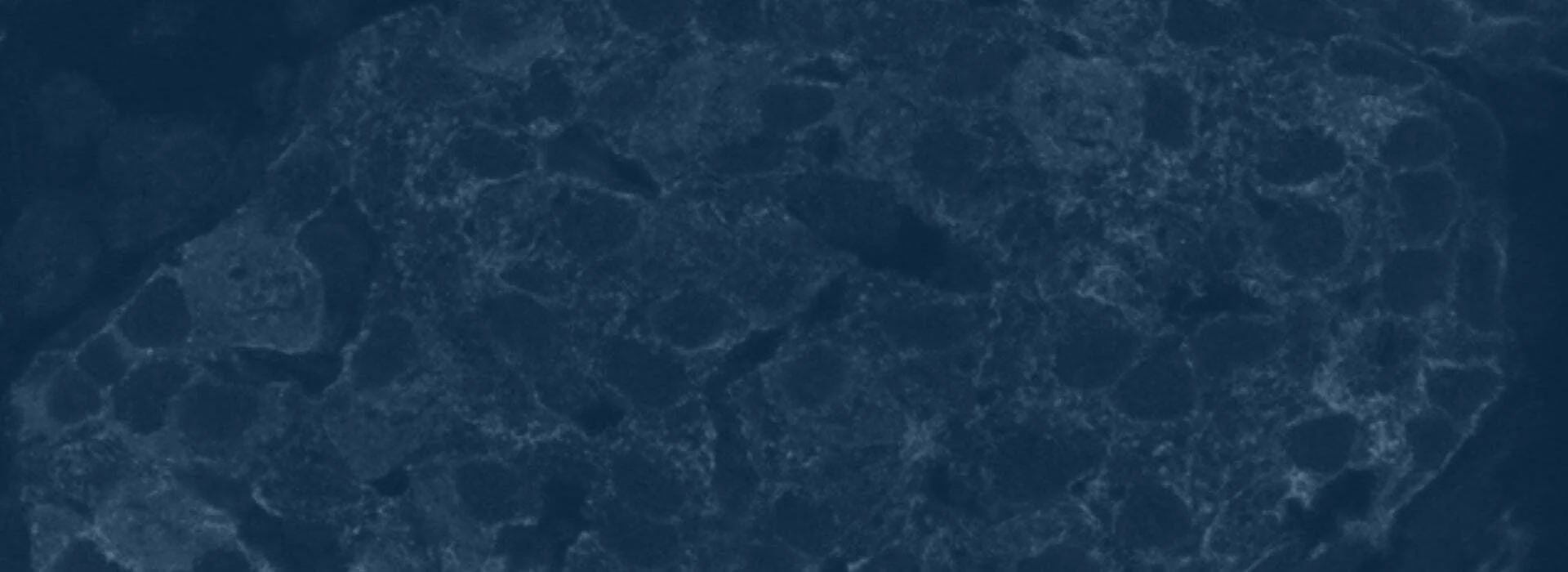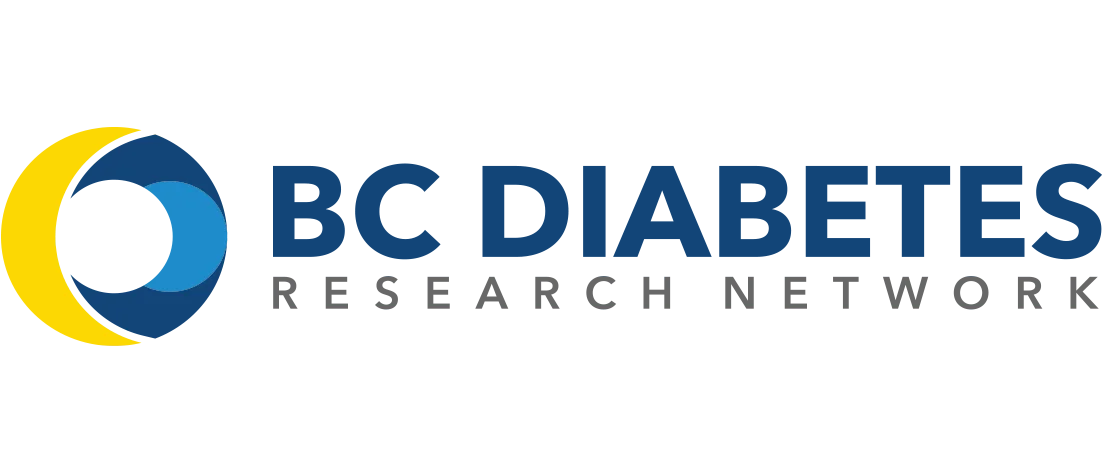
BCDRN Trainee Spotlight: Dominika Nackiewicz, PhD
Our BCDRN trainee profile this spring is Dominika Nackiewicz, a recent PhD graduate of UBC’s Experimental Medicine Program. So recent in fact, due to Covid 19 in March 2020 her PhD defense was moved to a virtual on-line format. Dominika is an incredible scientist, mother and positive influence in the lab. Dominka shares her interesting story of how she came to finish her PhD in Dr Bruce Verchere’s Laboratory in the Canucks for Kids Fund Childhood Diabetes Laboratories located at the BC Children’s Hospital Research Institute.
Where did you grow up?
I was born and raised in Poland. My maternal grandmother had a farm with animals and fruit trees where I spent my early childhood. When I was 5 years old, I planned and performed my first experiment. The plum seeds were planted with different detergents in my grandmother’s backyard. After checking on the plums every week for a year, I discovered that plums cannot grow in bleach, soap, or dishwashing liquid. Since then, I knew that I wanted to be a scientist.
What did you study in your undergrad and where
After finishing high school, I started a long cycle, five-year Interdisciplinary Science Studies (ISS) program at the University of Lodz in Poland. The ISS is a program that allows people who show academic potential to study in an individualized way. Usually in Poland, all programs of study are predetermined and students have very few elective courses. This is not the case for ISS students. Each year, around 20 students are accepted into the ISS program at the University of Lodz and every student picks a professor who becomes his/her mentor. With the mentor’s help, the student is allowed to create an individualized study program choosing from courses offered by all science faculties. Students can both take courses from different programs and can take undergraduate as well as graduate courses. In the end, they need to meet particular program requirements to obtain the Master’s degree in the chosen field. I earned a Master of Science in biology, with a specialization in genetics. Because of the flexibility of the ISS program, I was able to take various courses e.g. radiobiology, medical physics, clinical genetics, human anatomy with fundamentals of anthropology, microbiology, biotechnology in health and environmental protection, biophysics, chemistry, or business management. During the fourth year I spent a semester at the University of Bradford in UK, where I took courses from biomedical sciences. The following year, I completed my MSc thesis project at the University of Virginia in the laboratory of Dr. C Hedrick, on the topic, “Sphingosine -1- phosphate Regulation of Orphan Nuclear Receptor Nurr1 in Macrophages”. My year in the Hedrick lab was a tremendous learning experience. Dr. Hedrick made me look at science in a completely different way. I decided that after my graduation in Poland, I wanted to come back to the United States and gain more experience in research that would allow me to get into a PhD program. The Hedrick lab left the University of Virginia in August 2009, and I worked as a Research Assistant in Dr. Harini Bagavant Lab in the Center for Immunity, Inflammation and Regenerative Medicine at University of Virginia from November 2009 to September 2011.
What got you interested in diabetes research?
In the Hedrick Lab I studied how macrophages contributed to the inflammation during atherosclerosis. Diabetes was recognized as a major risk factor for coronary artery disease and stroke. Later, in the Bagavant lab we were interested in the connection between autoimmune diseases, for example lupus, macrophages and kidneys. The lab members were expected to attend medical grand rounds in the nephrology department. Most patients with kidney failure also had diabetes. I was intrigued by the role of macrophages in various pathologic conditions. I was sure I wanted to pursue a PhD in a field of metabolic diseases, preferably diabetes, and biology of inflammation.
I entered “macrophages and diabetes” into a Nature job search engine and laboratory of Dr. Jan Ehses in Vancouver, BC appeared. In October 2011, I started the Experimental Medicine program under supervision of Dr. Jan Ehses. In 2015, Dr. Bruce Verchere became my primary supervisor.
How far along are you in your postdoctoral fellowship and what do you hope to achieve in 2020 with your research?
I defended my PhD thesis on March 16th, 2020. The COVID-19 pandemic interfered with my plans. From April 20th, 2020, I was supposed to be in New Haven, CT, where I had accepted a postdoctoral position in the Department of Immunobiology with Drs. Carla Rothlin and Sourav Ghosh at the Yale University. For now, I am trying to be useful in the Verchere lab, catalogue protocols and upgrade my bioinformatic skills. The overall plan for my future is to study the connection between different modes of cell death and metabolism.
Any funny stories to share with the trainee community?
For the last three years when someone asked when I would finish my PhD I always replied: “I am almost done”. We think we can plan and prepare for everything, but later the opposite of our prediction happens. At first, my plan was straightforward: finish PhD relatively fast, author two papers, stay in one place, no kids, and have only one person in a household at the same time in school. Life is funny that way. My primary supervisor unexpectedly moved to Switzerland in the middle of my program and I was adopted into a new lab. Since my partner and I relocated to Vancouver, we needed to move seven times. I thought I would have children after my PhD, but I became a mom of two daughters, now ages 7 and 4, during my PhD. After our second child was born, my husband went back to school and he finished a full-time MBA program at the University of British Columbia. I need to admit it was a hard time for me. The two most recent unfortunate events were rejection of the paper after a year in review and a defence of my thesis during pandemic. However, in the end, it feels as if everything went better than planned. I had two amazing supervisors who brought different perspectives into my research. Our paper got finally published on Friday, the 13th of December 2020. My husband finished his MBA and I have finished my PhD. Our housing is secure and, most importantly, we have two wonderful children.
Any advice for trainees starting out on how to connect with colleagues?
I am privileged to work alongside so many extraordinary people in Vancouver. I think I formed friendships that would last a lifetime! I usually connected with my colleagues during local and regional meetings. My advice is to go to meetings and present as often as possible. There are also many social events that trainees are invited to. Please remember to take advantage of them and connect with others in less formal atmosphere. Another advice is to get involved behind the scenes of the onsite events and participate in the various organizing committees.
What was your favourite research event/meeting to attend?
I have two favourite annual research events. The Alberta- British Columbia Islet Workshop (A-BC) held usually in February at the Silver Star Mountain ski resort and the Vancouver Diabetes Research Day (VDRD) organized by local trainees every November. Both are excellent meetings!



